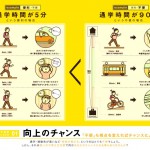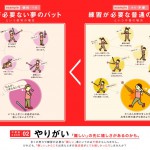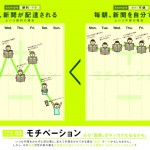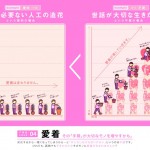This is an excerpt I have found in a book by professor Keiko Nakamura, a life scientist.
From 「科学者が人間であること」p.35 by Keiko Nakamura
To be convenient is to be quick, to have less work, to have things done exactly the way you wish.
Emerging risks have created more convenient inventions and the increasing productions of these convenient goods have brought economic development, in other words, monetary wealth. We have called these changes as “development” and these modern societies as “civilizations,” as the symbol of developed countries and decided to expand in this direction.
However, when we view this phenomenon with the perspective of “Humans are living creatures, existing within nature,” there is a massive problem with this form of expansion we must overthink. This is because there are too many factors, which do not align with the characteristics of living creatures, as I have explained earlier.
Able to be quick, to have less work, to have things done exactly the way you wish. We are grateful for these factors in daily life but unfortunately, they do not work with living creatures. To live is to create time and thus, quickly passing through time is not meaningful, it may even be a denial of living.
In the same way, “having less work” also bothers me. As the Japanese phrase 「手塩に掛ける」(to bring up under one’s personal care) suggests, properly interacting with living creatures involves watching out for and understanding the other’s thoughts. We feel joy when we are able to act as the other wishes.
Is this how those who have pursued sciences think? We can also recognize similarities with the thoughts of Osamu Katai, emeritus professor of Kyoto University, who have created the term “BOI.” Professor Katai is also an expert in soft computing and systems sciences.
I would be interested in what professor Nakamura would think of our lab’s work, which is application of professor Katai’s work of BOI to system design. Borrowing professor Nakamura’s words, our work can be rephrased as an attempt to think about systems and equipment for “humans, as living creatures existing in nature.”



